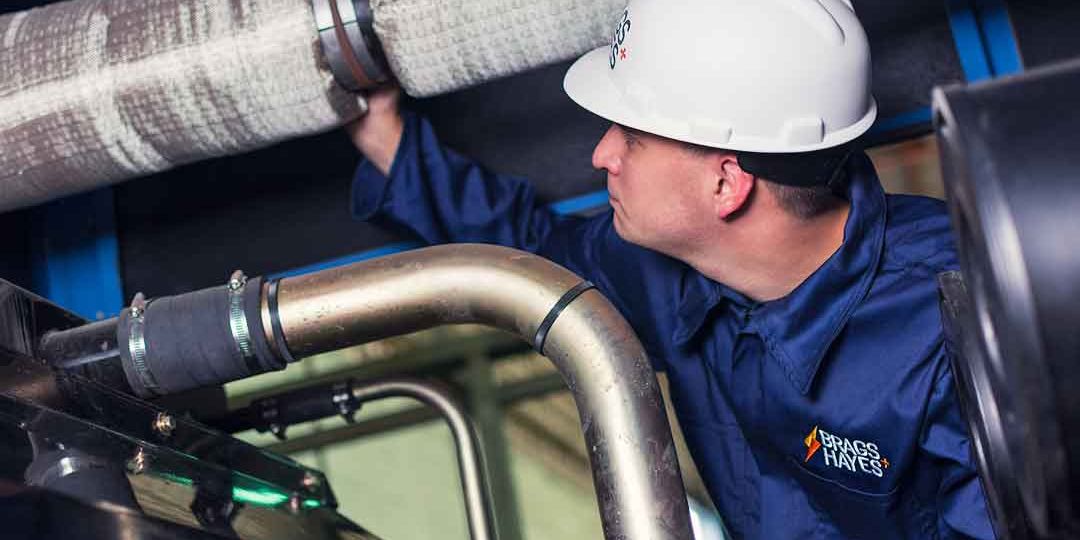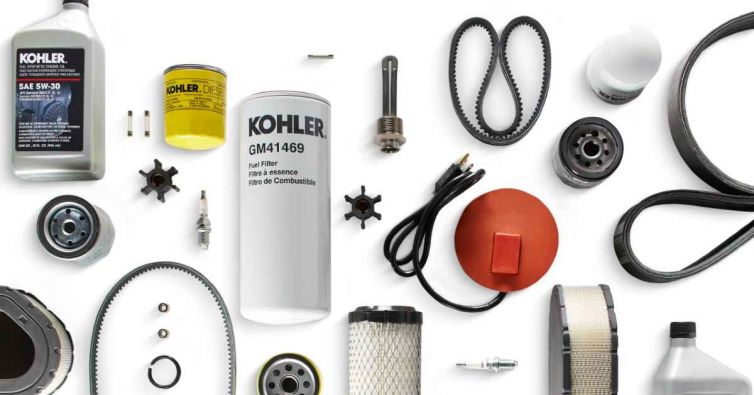In this article we are going to review the 11 most common causes of generator failure and what to do to solve them.
We will look into the procedures for the review and the analysis of typical failures of an industrial-type electric generator, although they can be perfectly applied to smaller generators, since the operating principles of a generator are the same for all sizes.
Since a repair of a generator set (for example of 500 KW) can be costly, it pays off to have all the knowledge and skills necessary to deal with a failure and recognize, which generator failure symptoms require us to hire specialized support, and which can be resolved by internal personnel available in your company.
There are many reasons why a power generator doesn’t turn on. In the following lines we will take you through the most common ones, by dividing them into two groups: Simple generator failure causes and complex generator failure causes.
Simple failure causes can be fixed with simple procedures and have a low implementation cost. On the other hand, complex failure causes are more difficult to solve and must be attended by highly specialized personnel and have a high implementation cost.
Are you looking for original parts to repair your generator? Find your original part below!
Contact us to confirm product availability before adding to cart.
Contact us to confirm product availability before adding to cart.
Contact us to confirm product availability before adding to cart.
Contact us to confirm product availability before adding to cart.
Contact us to confirm product availability before adding to cart.
Contact us to confirm product availability before adding to cart.
Contact us to confirm product availability before adding to cart.
Contact us to confirm product availability before adding to cart.
Simple generator failure causes
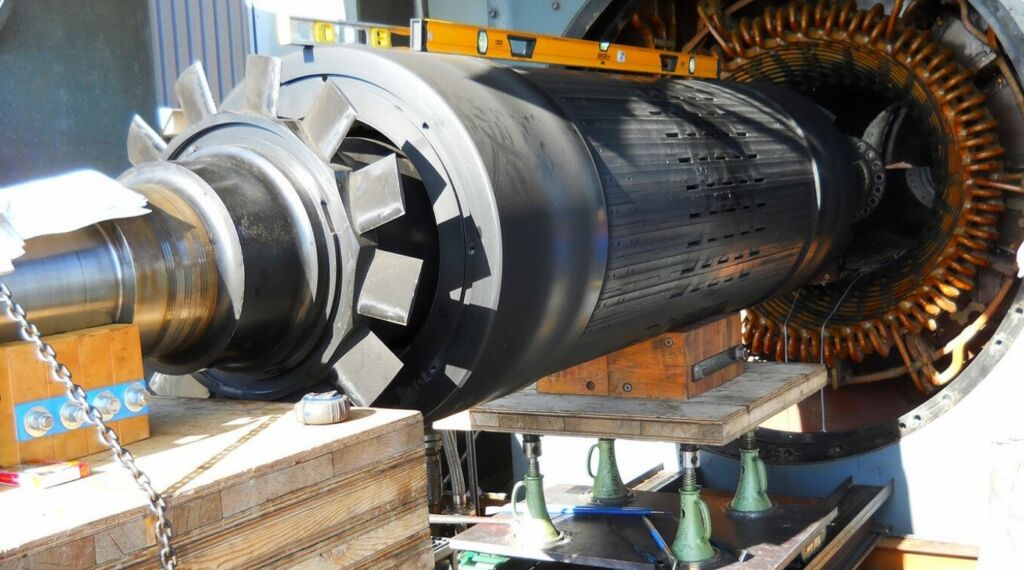
1. Battery failure.
Most generator starting failures are battery related. This means that the accumulation of lead sulphates on their plates is damaging and puts them out of use. Buying a maintenance-free battery is one option to minimizes the problem, but you need to make sure to pay attention to the manufacturer’s guidelines for maintenance or replacement.
2. The generator runs out of fuel.
A power generator requires fuel, if it runs out of fuel it will not start. Generators are machines made to operate for long periods of time, the fuel level must be monitored and provisions for its replacement must be made in order to prevent the generator from working until it runs out of fuel and air enters the system. In case the air does enter the system, fuel injection system it will not start, even if its tank is filled with fuel. In such case you will need to implement a purging process of the engine’s fuel injection system in order to remove the air present in the system. Fuel leaks can occur in systems that are not regularly maintained or are exposed to weather in inappropriate locations. This can cause cracks in the hoses and valves where the fuel passes through. The fuel leak can lead to the above mentioned problem of the air entering the system. Also the obstruction of the gasoline filter can cause that the fuel does not reach the system, producing the same scenario.
3. Air in The fuel system.
If the generator is turned off for a long period of time, there is a possibility that air will enter the fuel system and consequently the generator will not switch on. To prevent this from happening, it is important to run weekly tests on the generator. This habit helps to maintain its correct operation and also to avoid possible failures. In the event that air enters the system, as we discussed in the previous point, you will have to purge the fuel system.
4. Accidental or non-accidental activation of the generator emergency stop in the control system.
Another cause that can prevent the generator from starting is accidentally (or not) activating the emergency stop in the control system. Remember that it is the security system, common in generators that allows them to shut down easily in the case of emergency. It is usually a large red button placed on the control device and once pressed the control system will prevent the generator from starting.
5. Clogged air intake.
Another condition that could prevent your generator from starting is the generator having a clogged air intake. This happens when air does not enter into the engine intake, which needs the air in order to activate. That is because combustion engines are commonly used generators. The lack of air entering can occur, for instance, if the generator is located in an area with highly saturated air, which causes the air filter to clog, which prevents the air flow and that results in the generator inability to start.
6. Carbonization.
Diesel engine generators are generally designed to operate with a load of 70% to 80% of rated power. This is the best way to guarantee the effectiveness of the system. Generators running at low load for a long period of time accumulate fuel residue in the form of carbonized particles and other residues such as oil, condensed water, and other acids. To clean the system and prevent generator failure, it is recommended that the engine runs at full load for some time to burn off the excess fuel.
7. Problems with circuit breakers and/or fuses.
In the event that the generator fails to start due to a tripped circuit breaker or blown fuse, the reason for this failure needs to be investigated in order to figure out the reasons for which it failed. At this point we need to avoid forcing the circuit breaker to reset or replace the fuse, since it can cause serious damage to the system, which already acted preemptively to stop an overload, short-circuit or other risks.
8. Alarm fault detected by generator control device.
Another element, which causes that our generator does not start is that the generator control device enters into alarm mode, which prevents the generator from starting. In this case, we must be able to differentiate between the signals shown by the control device (usually documented in the generator manual) and can be of two types: a) Those that indicate that there is at least one condition that is out of the ordinary, but does not end up preventing the operation, for example: Low coolant level or low oil level. In case b) Some generators will start, but there is a risk they will run at high temperature. In another case the generator may not start for safety reasons in order to avoid damage. Further there are mechanical failures detected in the generator by the control system and in that case you will require specialized technical advice.
Complex generator failure causes
It is common that complex generators failure occurs in the following three areas: the stator, the rotor, and the bearings (we will detail them starting at point 9 to 11). However, there are other areas, such as connections and power protections from the generating output to the electrical distribution system. We would also have to take into account the mechanical vibrations of the system, usually caused by problems at the base of the motor. In order to fix such failures, we might have to transfer the equipment to a specialized workshop equipped with all the necessary tools for profesional repair.
9. Stator faults.
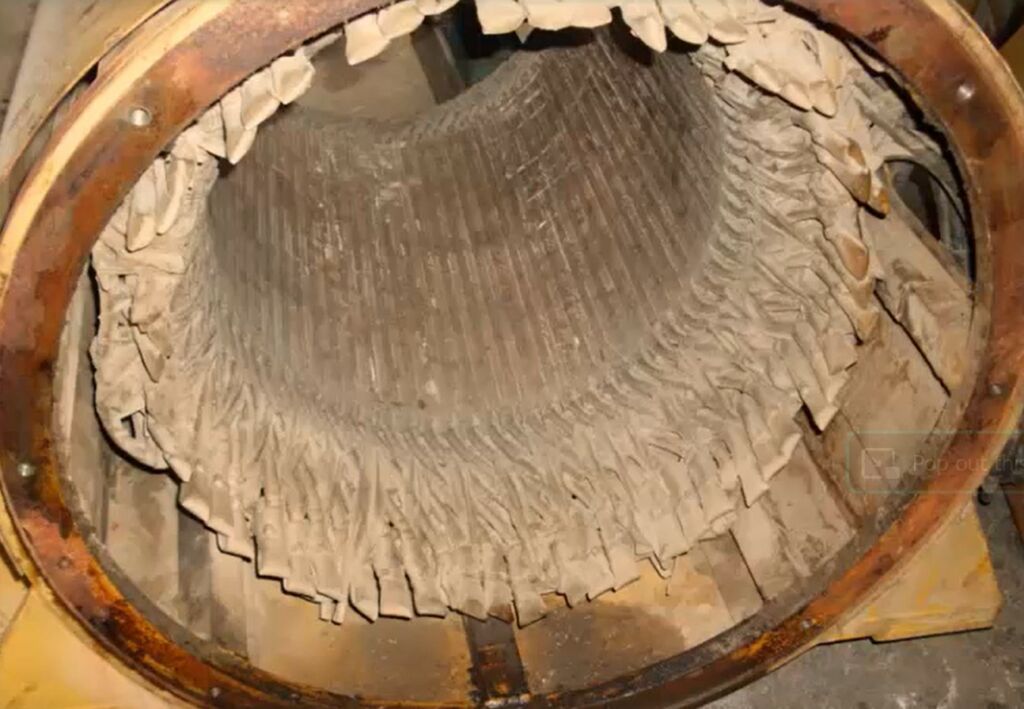
The stator is one of the main parts of the electric generator and is exposed to high electro-dynamic stresses during the operation, which is why it is one of the components most exposed to damage. It is common to find breakdown faults in the stator winding. For its verification, it must be checked if there are faults, for example, such as short circuits between coils, short circuits between coils and the core, and current leakage faults from the coils to the core, among others.
10. Rotor failure.
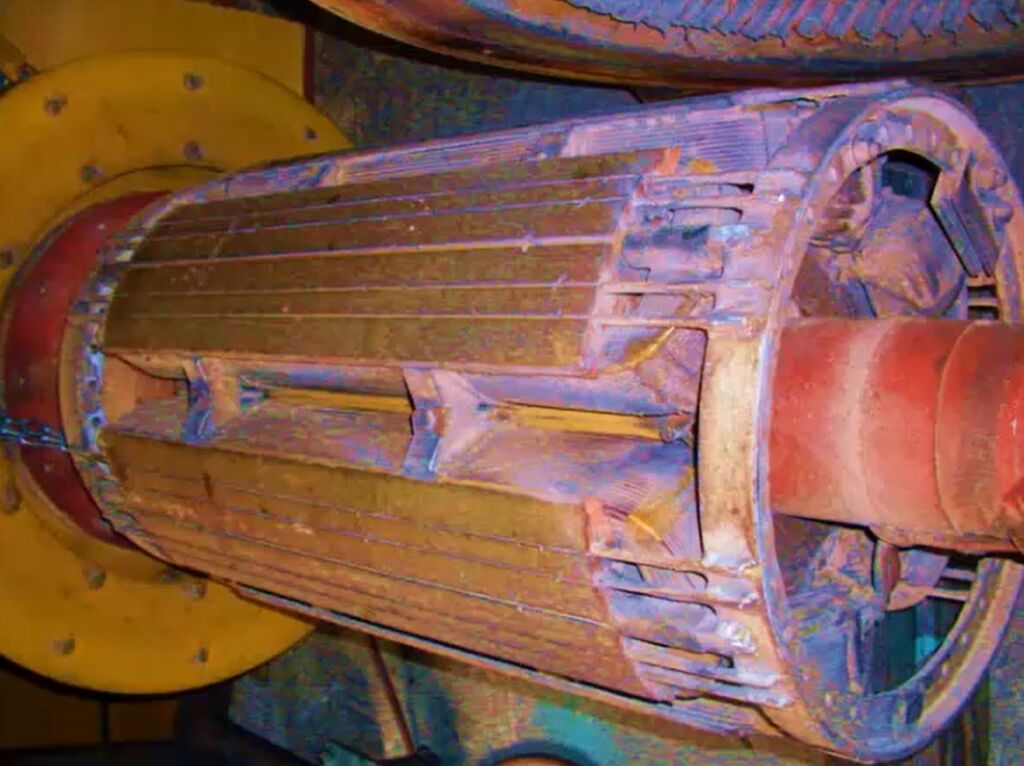
In electrical generating equipment, another recurrent failure appears due to damage to the rotor. The rotor is the moving part that is connected through a coupling to the motor and can be exposed to damage. It is required when faults are suspected to test the dynamic balance and the state of its coils. Also, as done with the stator, we must check the insulation, leakage currents and short circuits between its coils.
11. Bearing failure.
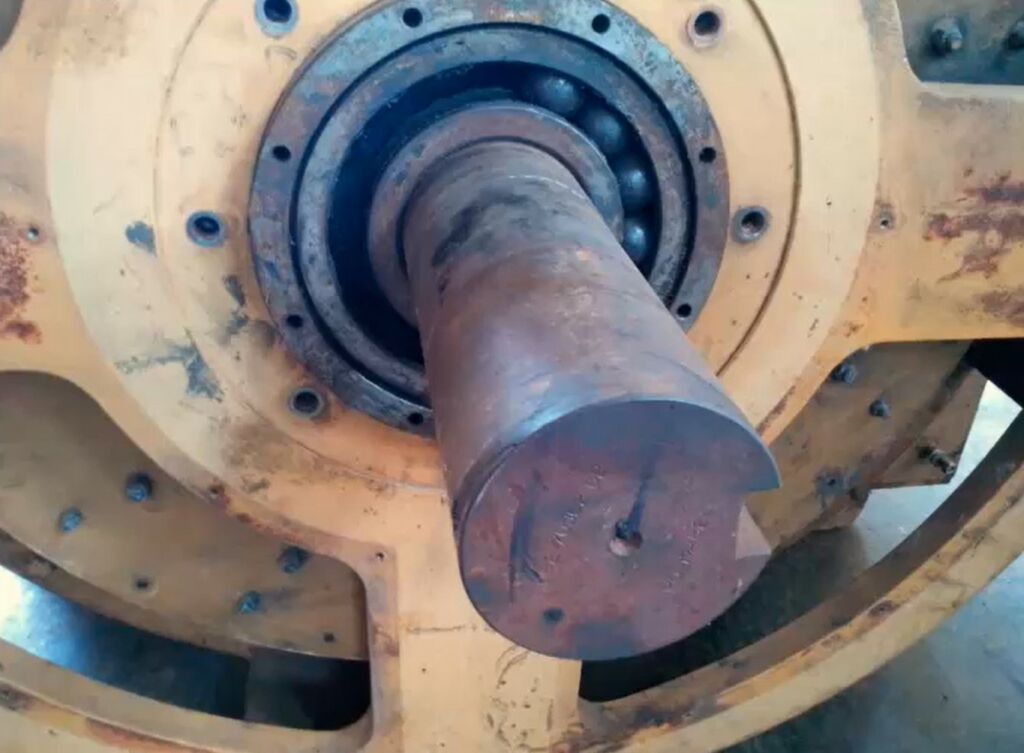
A power generator is a dynamic operating element and a failure in the bearings could be a failure with very serious consequences for the system. Generally, the bearings are always checked and changed preventively when there is noise or wear in order to prevent a bearing problem from causing other, greater damage to the generator. It is usual when a generator is taken to a workshop for repair or maintenance to check the operating hours of the equipment in order to change the bearings preventively to avoid future damage with higher consequences and costs.
The importance of having reliable quality support and the continuous availability of our personnel for our customers is a priority for Brags & Hayes Generators. That is why we have developed the worldwide network of DNAs – (Distribution Network Allies).
Generators users contact us every day at Brags & Hayes Generators and request reliable technical support for problems with their generators, that are often alarming.
Problems of all kinds:
- They lack a reliable technical service to carry out the installation.
- Problems caused by bad installations.
- Problems due to not having received adequate preventive maintenance.
- Poor warranty management.
- Problems caused by the use of inadequate spare parts and improper use of generators due to lack of advice.
This results in a possible malfunction of your device. And as you can imagine, it all becomes apparent just when you need the alternative source of energy the most. Your generator is damaged or malfunctioning.
The continuity of your business is vital for you (and for us). That is who we are. A company you can trust to repair and maintain your emergency generator. With Brags & Hayes and our network of DNAs, you’ll have a proactive support team that’s advanced enough to fix any issues that arise.
With over 40 years of experience, you can trust us to read the signs, be proactive, and make sure we fix any generator issues before it’s too late.
CALL TO BRAGS & HAYES GENERATORS CUSTOMER SERVICE PHONE +1.954.657.7777. We are prepared to assist you and provide you with primary telephone attention at your request. If necessary, we will forward your case to the DNA closest to your geographical area. We will send you a technician to attend to your incident and solve it in the shortest possible time.


